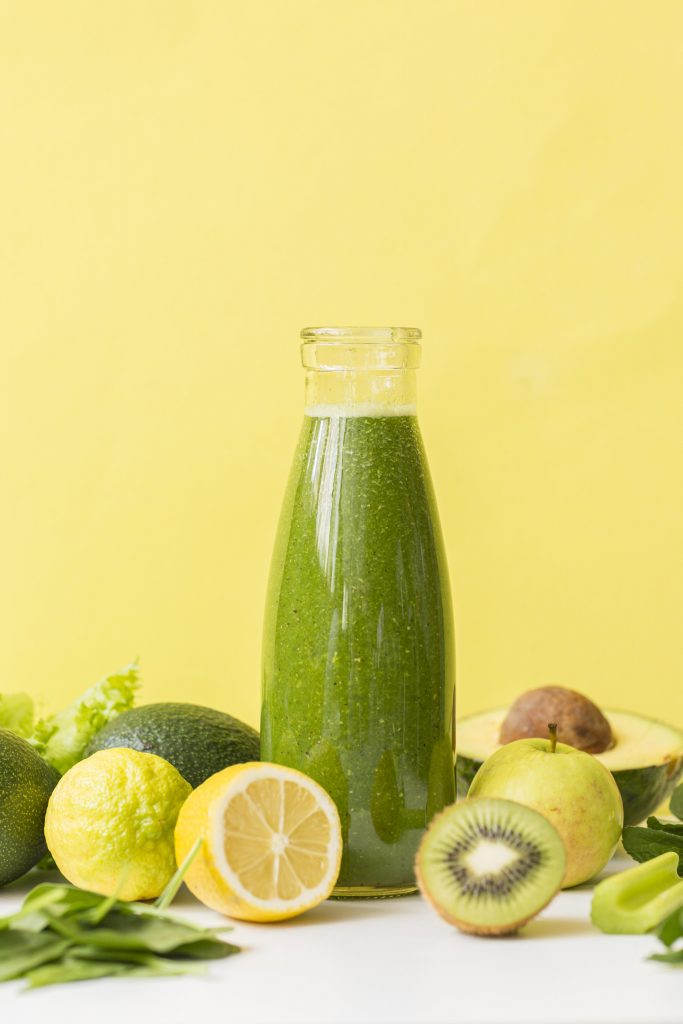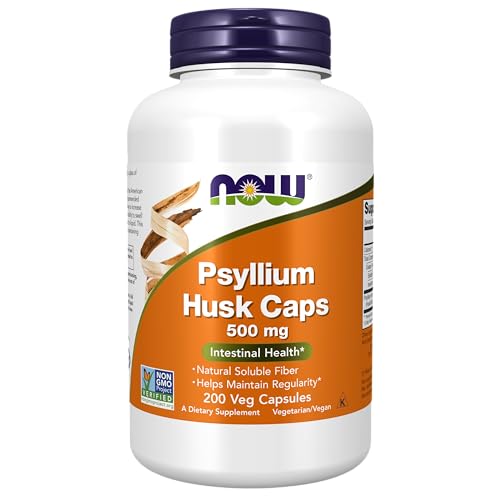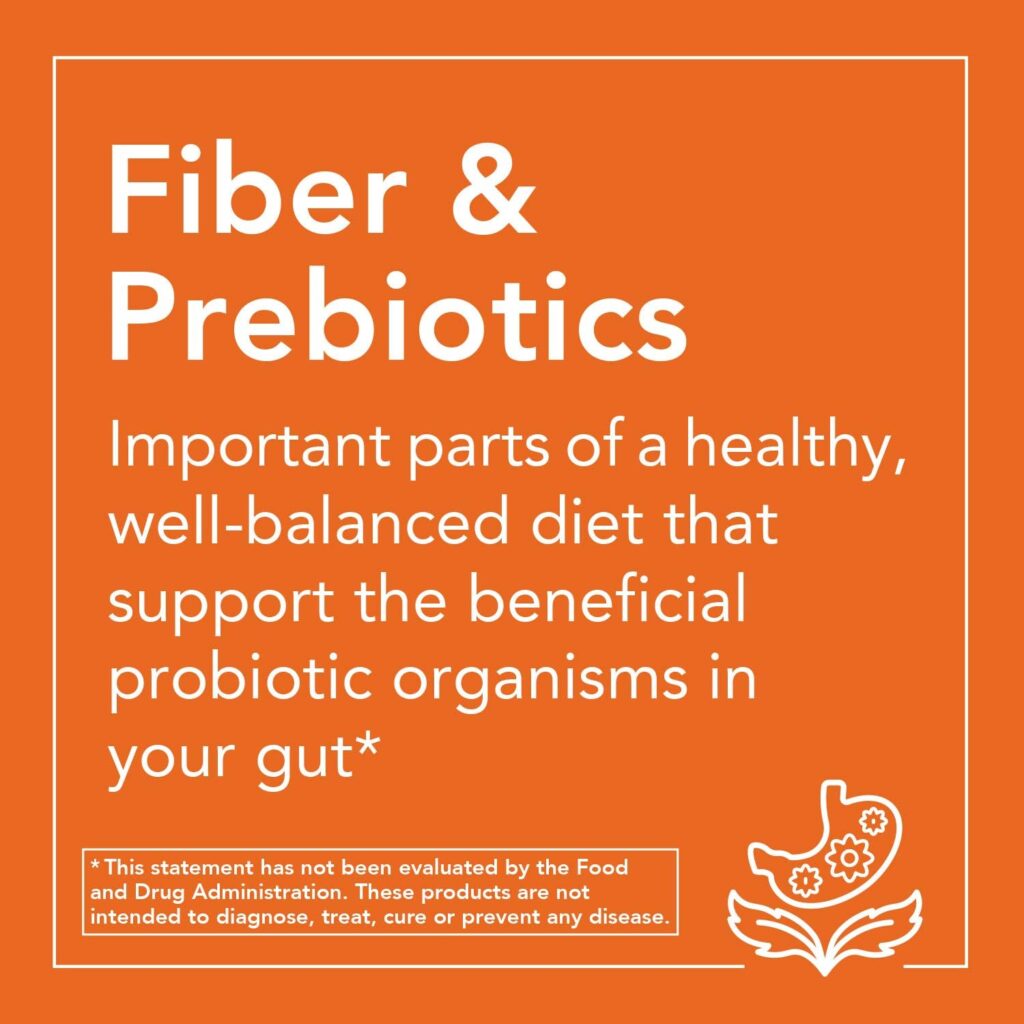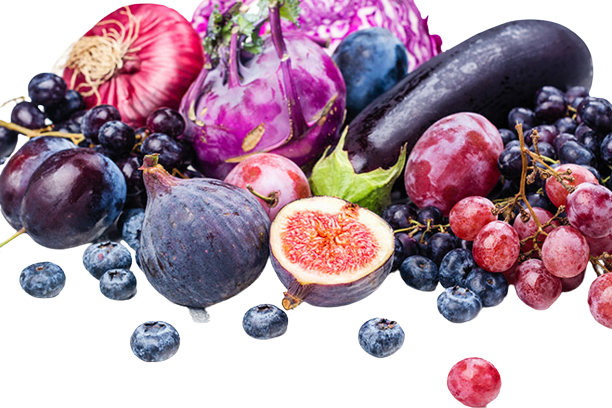
Highlights
- Superfoods are nutrient-rich foods that provide exceptional health benefits due to their high concentrations of vitamins, minerals, antioxidants, and other beneficial compounds.
- Superfoods are considered functional foods, which means they contain physiologically active components that provide health benefits beyond basic nutrition.
- Nutrient density is a key characteristic of superfoods. They are packed with essential nutrients while being relatively low in calories.
- Superfoods should be supported by scientific evidence. It is important to look for reputable studies conducted on human subjects rather than relying solely on anecdotal evidence or marketing claims.
- Bio-accessibility and bioavailability are important factors to consider. Superfoods should contain nutrients that are easily absorbed and utilized by the body to ensure optimal health benefits.
- Safety is crucial when assessing superfoods. Potential allergies, contamination, interactions with medications, and long-term safety should be considered.
Food safety knowledge is for all!

Every consumer deserves to have high quality and safe food. …Read more!

In recent years, the term “superfoods” has gained significant popularity in health and wellness circles. These so-called superfoods are believed to offer exceptional nutritional benefits, promote overall well-being, and even prevent or cure certain diseases.
However, amidst the buzz surrounding these foods, it’s crucial to separate the hype from the science. In this article, we will explore what superfoods really are, understand their potential benefits, and discuss the four most important factors in assessing foods that have potential to be declared superfoods.

Buy NOW Supplements, Psyllium Husk Caps 500 mg, Non-GMO Project Verified, Natural Soluble Fiber, Intestinal Health*, 200 Veg Capsules from Amazon:
Click here to go to Amazon, https://amzn.to/3vt870B

What are Superfoods?
The term “superfoods” refers to nutrient-rich foods that are thought to provide extraordinary health benefits due to their high concentrations of vitamins, minerals, antioxidants, and other beneficial compounds. In other words, super foods are functional foods.
Functional foods are foods that contain physiologically active components that provide a health benefit beyond basic nutrition. These active substances are called functional ingredients or bioactive substances.
Read More about Functional foods!
While there is no official scientific definition for superfoods, they are generally acknowledged for their potential to support optimal health and well-being.
Separating Hype from Science
Nutrient Density in super foods:
One of the key characteristics of superfoods is their nutrient density. These foods are supposedly packed with essential nutrients while being relatively low in calories. The amount of these bioactive substances that is present in a food determines it ability to be useful in enhancing health.
Foods may contain some of these bioactive ingredients but in quantities that may not enhance health. Thus, for a food to be regarded as a super food, it must be proven to contain the bioactive substances in sufficient quantities to ensure health benefits to the consumer. This is the reason behind the manufacture of nutraceuticals.
These bioactive substances can be isolated, purified and thus concentrated to levels that can deliver the health benefits to the consumer. This is the making of nutraceuticals.
Nutraceuticals are food-derived products that have health-promoting and disease-preventing properties presented in a variety of forms, such as tablets, capsules, and powders.
For example, kale, spinach, berries, and salmon are often considered superfoods due to their rich vitamin and mineral content. However, it is important to remember that a diverse and balanced diet is the foundation of good health. No single food can provide all the nutrients your body needs.

Buy NOW Supplements, Psyllium Husk Caps 500 mg, Non-GMO Project Verified, Natural Soluble Fiber, Intestinal Health*, 200 Veg Capsules from Amazon:
Click here to go to Amazon, https://amzn.to/3vt870B

Many superfoods are known for their high antioxidant levels. Antioxidants help protect our bodies against oxidative stress, which is associated with chronic diseases and aging. Berries, dark chocolate, green tea, and turmeric are often lauded for their antioxidant properties. While these foods can be beneficial, it’s important to note that the human body requires a variety of antioxidants, which can be obtained from a well-rounded diet.
Scientific Evidence on super foods:
While superfoods are often promoted for their health benefits, it is essential to evaluate the scientific evidence supporting these claims. While some superfoods have been extensively studied, others may lack rigorous scientific research.
It’s crucial to be critical and look for reputable studies conducted on human subjects rather than relying solely on anecdotal evidence or marketing claims. For any bioactive substance, sufficient research should be conducted to ascertain safety and the ability of the substance to enhance health.
This is because, the mere availability of the bioactive substance in a certain food does not guarantee that if the food is consumed, the benefits will be realized. There are other factors to be considered beside the quantity of the bioactive substance such as its bioavailability.
Bio-accessibility and Bioavailability:
The bioavailability of nutrients refers to the extent to which they can be absorbed and utilized by the body. Superfoods should ideally contain nutrients that are easily absorbed and utilized by the body, ensuring their optimal health benefits.
If a food contains these nutrients in sufficient quantities but the bioactive substance has extremely low bioavailability, then the potential of that food enhancing health will be very low. Research into ways of enhancing the substance bioavailability can be undertaken to ensure health benefits are realized when the said bioactive substance is consumed.

Buy NOW Supplements, Psyllium Husk Caps 500 mg, Non-GMO Project Verified, Natural Soluble Fiber, Intestinal Health*, 200 Veg Capsules from Amazon:
Click here to go to Amazon, https://amzn.to/3vt870B

Safety of super foods:
Safety is a crucial criterion to consider when assessing and declaring foods as superfoods or functional foods. While many foods offer exceptional health benefits, it’s essential to ensure their safety for consumption. When considering safety of superfoods, the following aspects are important:
- Possibility of Allergies and Sensitivities: Superfoods may pose risks for individuals with specific allergies or sensitivities. It’s important to identify potential allergens present in superfoods, such as nuts, shellfish, or gluten, and provide appropriate warnings or alternative options for those who need to avoid them.
- Contamination and Purity: Superfoods should be free from contaminants, pesticides, heavy metals, and other harmful substances. Thorough sourcing, cultivation, and manufacturing practices should be implemented to ensure the purity and safety of superfoods.
- Potential Interactions with Medications: Some superfoods may interact with certain medications, affecting their effectiveness or causing adverse effects. Research can be done to ensure safety in this area. It’s important to provide information on potential interactions and advise individuals to consult their healthcare professionals if they have any concerns.
- Evidence of Long-Term Safety: While scientific evidence may demonstrate short-term benefits of superfoods, it’s important to consider the long-term safety of regular consumption. Monitoring studies and evidence of long-term safety can help ensure that superfoods are suitable for sustained use.
Read more about How can you assure food safety?
Examples of Superfoods and Their Benefits
- Blueberries: Rich in antioxidants and phytochemicals, blueberries have been associated with improved brain function, cardiovascular health, and reduced inflammation.
- Kale: A nutrient powerhouse, kale is high in vitamins A, C, and K, as well as folate and minerals. It has been linked to improved bone health, eye health, and reduced risk of chronic diseases.
- Quinoa: A complete protein source, quinoa is rich in fiber, vitamins, and minerals. It is gluten-free and may help regulate blood sugar levels and promote heart health.
- Salmon: Packed with omega-3 fatty acids, salmon is known for its heart-healthy benefits. It may also help reduce inflammation, support brain function, and promote healthy skin.
Our Blog ↗
Read the latest from our blog
Ask a Question ↗
Ask a question and get answers from our community
Give Feedback ↗
We value your feedback.

Buy NOW Supplements, Psyllium Husk Caps 500 mg, Non-GMO Project Verified, Natural Soluble Fiber, Intestinal Health*, 200 Veg Capsules from Amazon:
Click here to go to Amazon, https://amzn.to/3vt870B



